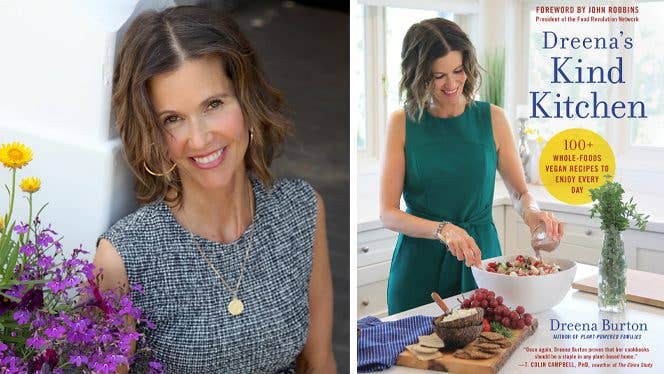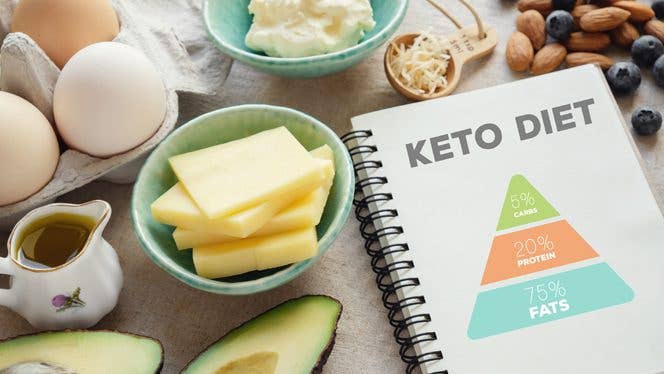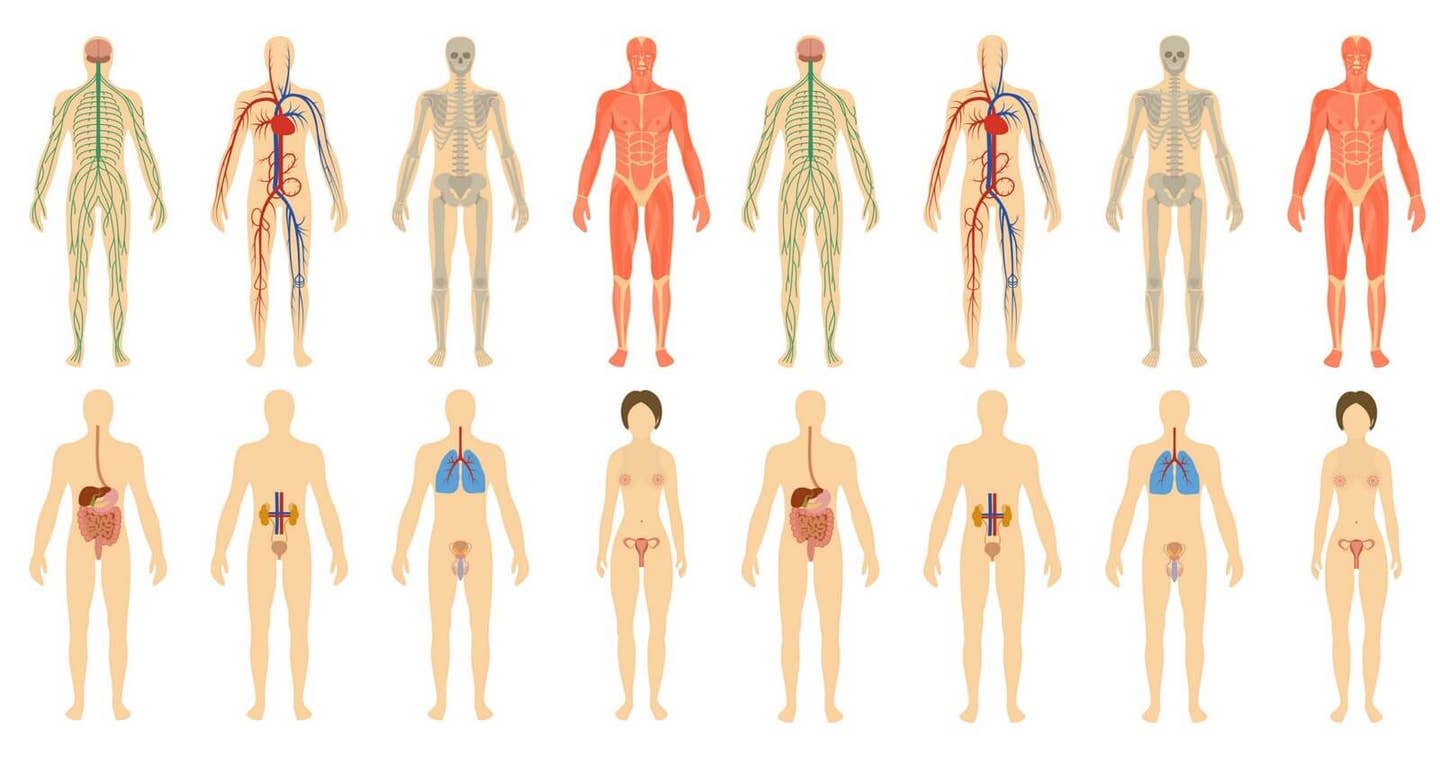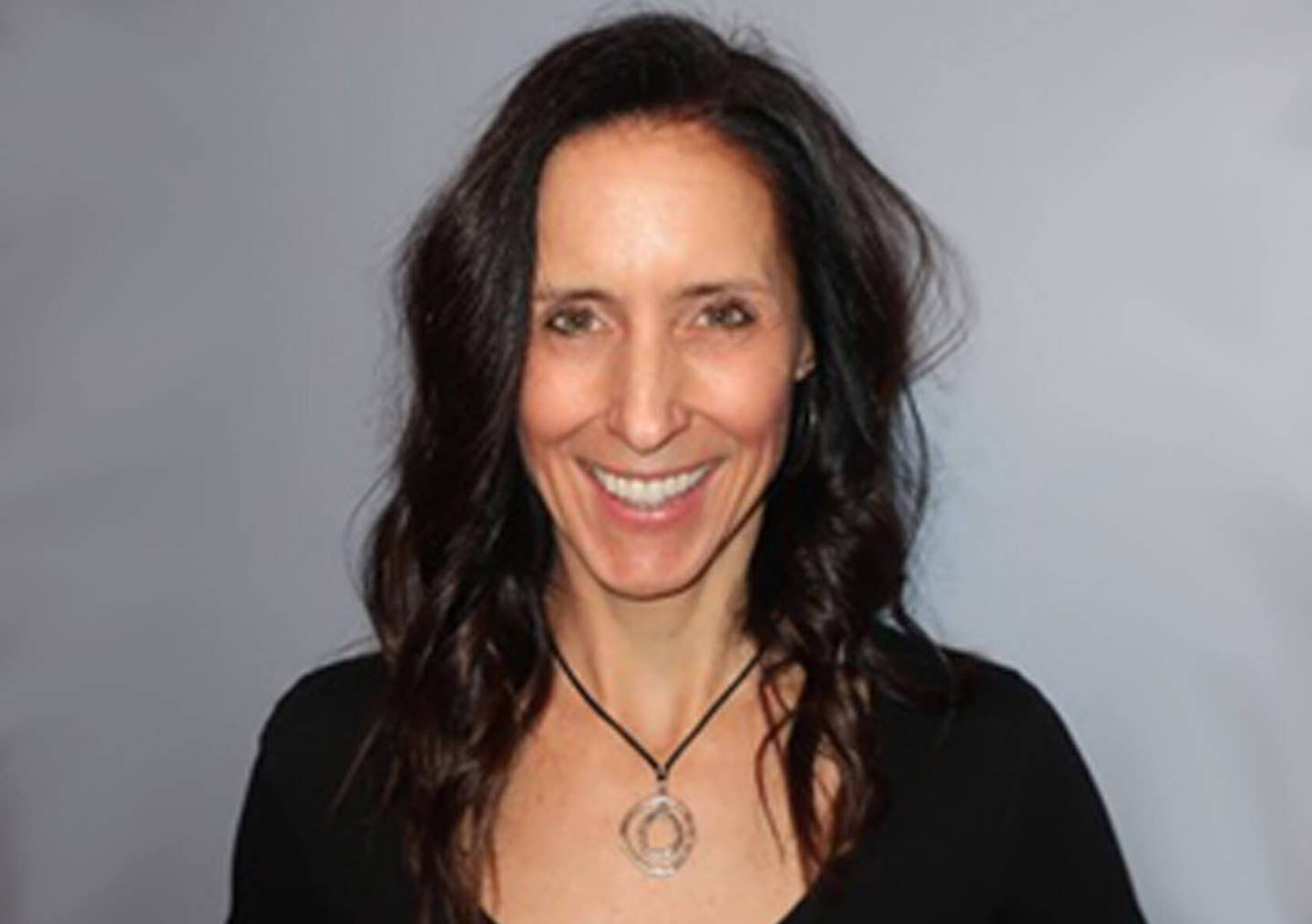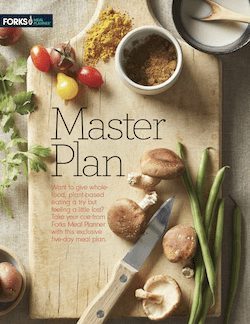From Yosemite to Patagonia, Steph Davis has made hundreds of breathtaking ascents to become one of the world’s most accomplished climbers. For 20 years, a diet of whole plant foods has helped her stay in peak shape. We talked with Steph about her incredible climbing career, why she decided to go vegan, and how she faces down fears at 3,000 feet.
You not only climb but also skydive and BASE jump. What is it about these sports that you love?
Steph Davis: I love being outside and in high places. I also like being self-sufficient and taking care of myself in the wilderness, even while handling high-pressure situations.
What are the physical requirements for rock climbing, and how do you train?
SD: It helps to have strong tendons, a good strength-to-weight ratio, and good flexibility. And if you’re interested in long routes and climbing in the mountains, you have to have a lot of endurance to hike uphill with a pack on for hours just to get to the climb. [You can train] by climbing outside, climbing in a gym, doing finger-specific training, bodyweight calisthenics, weight training, or gymnastics training. I also like to trail run a lot.
What are some of the coolest climbs you’ve done?
SD: I’ve free-climbed El Capitan three times. I have climbed new routes in the mountains in Argentina, Pakistan, Kyrgyzstan, and Baffin Island. I’ve also done a fair amount of free soloing (climbing alone without protective equipment) around the United States.
What turned you on to plant-based eating?
SD: In 2001, I tried four different eating styles for three months each, trying to discover what would work best for me athletically. At the end of the year, I fasted for a week. When I started eating again, I gradually realized that all my cravings were for vegan foods, so I decided to go with it. That was a strange decision at the time (early aughts) because climbers were extremely negative about veganism, and no one thought it was good for climbing. I was surprised to discover that it worked well for me from an athletic standpoint, so I stayed with it.
How has a plant-based diet given you a leg up in rock climbing?
SD: My eating system is about simple, whole foods, and I cook almost everything I eat from scratch. I even make my own soy milk. No matter what your sport is, if you put extremely high quality fuel into your body, you’re going to perform better and for a longer time span. Because sports are part of my life and I don’t have an endpoint in mind, I think a lot about longevity in my sports. The bonus? I never have to limit what I eat, I never gain weight, and I’m very healthy, which is the major advantage of the plant-based, whole-foods eating style.
What does a typical day of eating look like for you?
SD: I’m not usually hungry first thing in the morning until I’ve gone for a run or hiked up a hill (I live in Moab, Utah), so it’s usually midmorning when I have actual breakfast—often fruit and Ezekiel toast with almond butter, or sometimes a tofu scramble with potatoes and broccoli, if I’m really hungry. During the day, I snack. I always keep quinoa, roasted sweet potatoes … kale salad, hummus, roasted pumpkin seeds, and white beans in the fridge so I can throw together a salad or just eat one of those things. If I’ll be out for the day, I’ll take them in a wrap or just grab some dried fruit and nuts. For dinner, I like roasted vegetables and tofu, brown rice pasta, veggie tacos, or lasagna.
Do you ever experience fear during climbs, and if so, what is your advice for navigating those feelings?
SD: [Climbing is] not a fast activity, so there’s a lot of time to get anxious about falling when you’re in a hard section of a climb. It’s really about building your confidence and comfort level gradually so that by the time you’re doing the big goal, it seems like a natural progression, rather than a terrifying leap. That’s the secret to doing impossible things.
Ready to get started? Check out Forks Meal Planner, FOK’s easy weekly meal-planning tool to keep you on a healthy plant-based path. To learn more about a whole-food, plant-based diet, visit our Plant-Based Primer.
Related News
Try Our Top-RatedMeal Planner Free

Forks Meal Planner takes the hard work out of making nutritious meals the whole family will enjoy.
SAVE $200 ON OUR ULTIMATE COURSE

Join our best-selling course at a new lower price!

